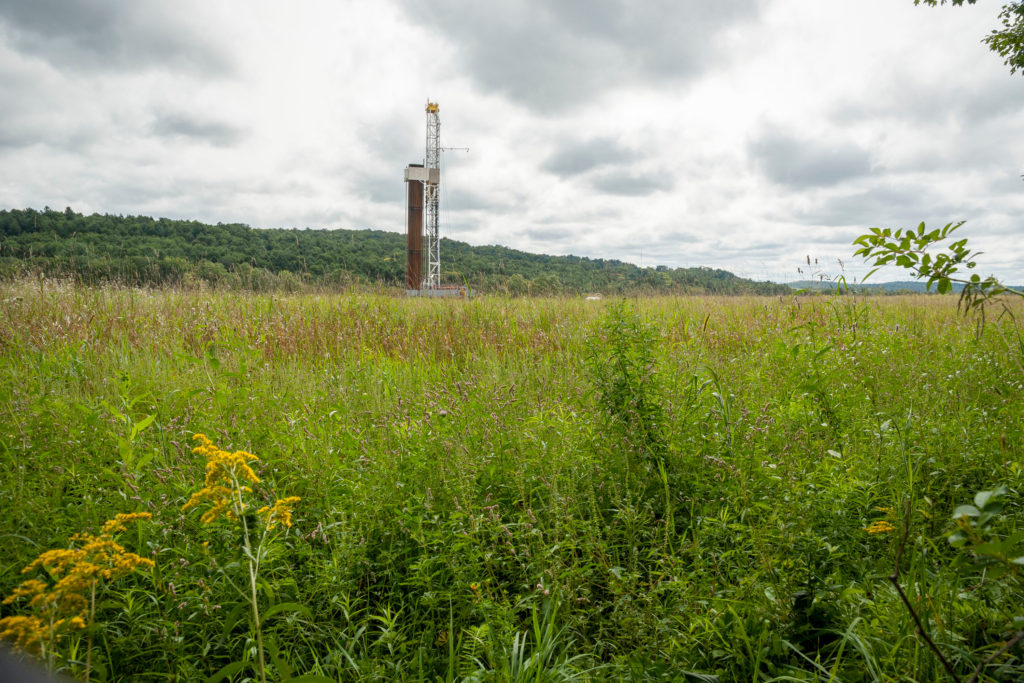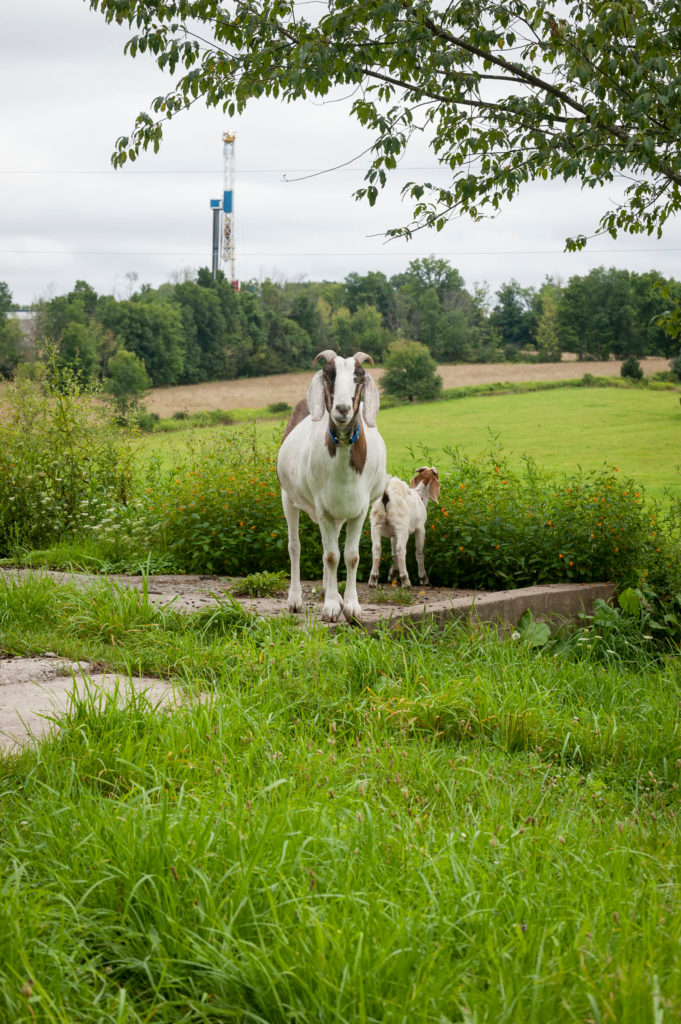Each year our communities must create a new budget and allocate funds to the many projects that need completing. Unfortunately, there’s not always enough funding to go around. One way these communities can bring in additional dollars is by applying for grants through the Marcellus Legacy Fund.
The Legacy Fund was first implemented in 2012 by Act 13 as a section of the distribution of Impact Fees collected from active drilling companies throughout Pennsylvania. Each year, eligible entities across the state can apply for these grants to help pay for local and state-wide environmental, infrastructure, and recreational initiatives.

Like the Impact fee itself, the Marcellus Legacy Fund is designed to help put funds and opportunities back into the communities that actively support and contribute to the production of natural gas and oil.
According to the Pennsylvania Public Utility Commission (PUC) website, 40% of the total impact fees go to the Marcellus Legacy Fund and 15% of the fund is given directly to the counties. What’s interesting is that every county is eligible to receive dollars from the fund, regardless of having or not having wells within its borders.
Each year as these entities prepare to submit their grant applications, they must ensure that their projects fall into one of the seven approved program types to be considered. The seven categories include:
- Abandoned Mine Drainage Abatement & Treatment (AMDAT)
- Baseline Water Quality Data (BWQD)
- Flood Mitigation, H2O- Act 13
- Greenways, Trails and Recreation (GTR)
- Orphan or Abandoned Well Plugging
- Sewage Facilities Program
- Watershed Restoration and Protection
Please click the links above to see if your entity is eligible or to view the full details of each project.

Not only does the fund benefit Pennsylvania’s economy, but it also contributes to positive changes and upkeep in our environment. Whether it be at the community level or an individual level, everyone can see an improvement in their quality of life.
As a contributor to the Impact Fee, Cabot urges all eligible entities to apply for these grants each year and put the funds to good use in your communities. The application site also has a handy walkthrough guide to help you navigate the process.
In a later segment on the Impact Fee and the Marcellus Legacy Fund, we’ll be examining the relationship between communities with and without natural gas production and the amount dollars they receive from the Fund. Stay tuned for that post soon!
